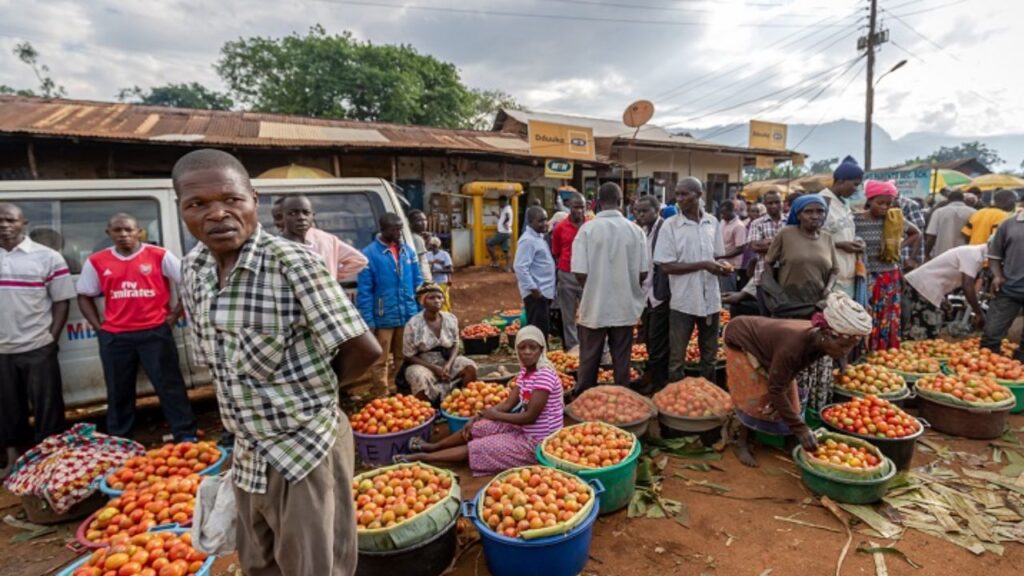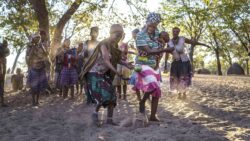Africa is home to a wealth of knowledge, natural resources, and untapped innovation. Yet many of its most urgent challenges — food insecurity, climate change, health crises, and energy shortages — span across national borders. These are not problems one country can solve alone. This is where cross-border research collaboration becomes vital, and why the ARISE II programme is championing this approach.

The Africa Regional International Staff / Student Exchange (ARISE II) initiative is designed to bring together universities, scholars, and researchers from across four regions of Africa. The goal is to foster academic cooperation that leads to real solutions — not only within individual countries but across the continent as a whole.
By supporting mobility for Master’s and PhD students, as well as short-term academic and administrative staff exchanges, ARISE II enables professionals to share ideas, align strategies, and scale innovations across geographical boundaries.
Building Knowledge That Travels
One of the major advantages of cross-border research is that it promotes regional problem-solving. For example, if a researcher in Nigeria develops an effective irrigation method for dry zones, that knowledge can be tested and adapted in other countries facing similar conditions, such as Namibia or Ethiopia. Through collaboration, successful practices move faster — and benefit more people.
ARISE II participants work together on topics such as:
-
Sustainable farming techniques across different climates
-
Disease control and vaccination strategies
-
Renewable energy models suited for rural regions
-
Climate-resilient crops and seed sharing
-
Nutrition-focused agricultural models
These efforts are not isolated academic exercises. They are rooted in local realities, with researchers working directly with communities, farmers, clinics, and local governments.
Equally important is the interdisciplinary nature of ARISE II’s projects. Health sciences meet agricultural policy. Engineering merges with environmental sustainability. This blend of expertise allows for deeper insight and more powerful solutions.
Strengthening Institutions and Driving Policy Change
Another crucial benefit of cross-border collaboration is the strengthening of African research institutions. When universities work together through shared grants, exchange programmes, and co-published studies, they gain international credibility and attract more funding. ARISE II supports this by encouraging long-term institutional partnerships that go beyond single research projects.
Moreover, findings from collaborative research are more likely to influence regional policy frameworks. A food security model tested across five countries, for instance, has far greater weight in discussions at the African Union or international development forums. ARISE II ensures that the research being done feeds into these larger dialogues — helping African nations speak with a united voice on global platforms.
Through these exchanges, African scholars also build professional networks that last long after the mobility ends. This creates a new generation of researchers and educators who are pan-African in mindset and collaborative in practice.
In conclusion, cross-border collaboration is not just helpful — it is essential. ARISE II is proving that when African countries learn and work together, the whole continent moves forward. From knowledge-sharing and resource optimization to strengthening research capacity and driving inclusive policies, this approach is building a brighter, united future for Africa — one project, one scholar, and one partnership at a time.




